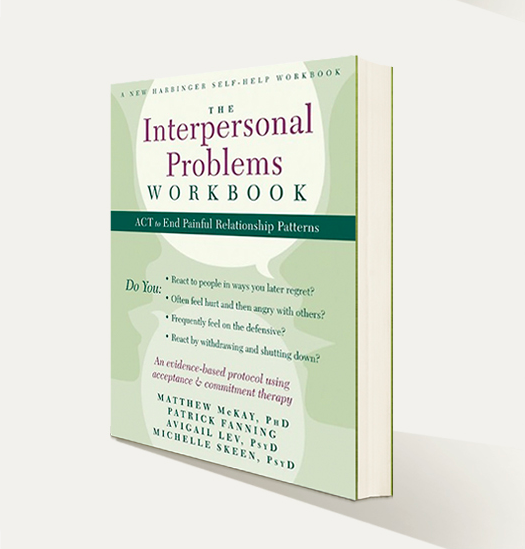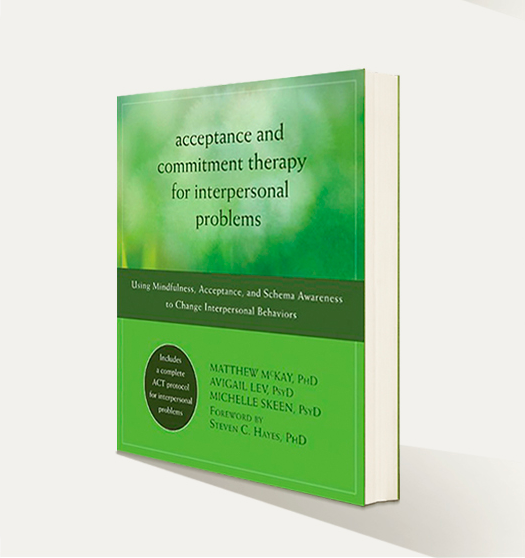BrazenWoman.com
What do you do if you need your husband to help carry in the groceries or if you need longer than five minutes of foreplay before sex? Do you speak up and ask for what you want? Or like so many of us, do you just assume that by now, he should know exactly what you need while secretly, you feel resentful?
Yes, now that you are (mostly) happily married, the uncertain days of dating are behind you. But your fantasy about marriage may be colliding with reality, says therapist Michelle Skeen, author of the book LOVE ME, DON’T LEAVE ME: Overcoming Fear of Abandonment & Building Lasting, Loving Relationships. As you’ve probably already figured out, there is no happily ever after unless you put some work into the relationship—starting with developing the healthy communication skill called Need Expression.
What is Need Expression?
A common fantasy about our perfect match is that he will be a mind reader, that he will know what you need without you telling him. Unfortunately, all that assumption will get you is chronic feelings of disappointment. It may seem self-evident, but it bears saying explicitly: The best way to get what you need is to ask for it.
Of course, it’s harder than it sounds, especially if you have a history of putting the needs of others before your own, feeling that you aren’t deserving of having your needs met, or not identifying what your needs truly are. Or maybe the times you have expressed your needs, it hasn’t gone so well. Developing the ability to communicate your needs is trickier than it may appear.
Keep in mind though: Expressing your needs doesn’t always result in your needs being met. What you want to do is eliminate the miscommunication that occurs when you expect your partner to anticipate them. By following these tips, you’ll become a pro at clearly expressing your needs and and you’ll deepen your relationship, all at the same time.
6 STEPS TO COMMUNICATING YOUR NEEDS
1. Identify your need.
This sounds easy but sometimes we just have a feeling that something is missing but we don’t know what. It’s important that you take the time to really think about it so that you can correctly identify it and then be able to communicate exactly what it is.
2. Unpackage the problem.
Is your need in reference or response to a “now” situation? Or is it weighted down by, or packaged with a need, that went unmet for years? How much are you asking for? Is your need “in the moment” and realistic or is it in the past with memories of not getting the care, reassurance, love, or understanding that you longed to receive?
3. Don’t point fingers.
Your need should not blame or assign fault to your partner. Here is a blaming statement: I need you to not act so distant and cold with me when you get home from work. Here is a healthy need expression statement: When we get home after work, can we make some time to reconnect?
Insider Tip: Remember, just using an “I” statement doesn’t mean that it is void of blame, criticism or negativity.
4. Don’t be negative.
Your need should not be pejorative or judgmental. I wish you weren’t so messy will probably lead to a defensive reaction. A statement like, I’d love for us to talk about a way that we can work together to keep our home from being so messy will be received more easily.
5. Be specific.
Make sure that your need request involves something tangible. Turn I need you to be more affectionate into Can you please hold my hand while we watch TV?
6. Keep it real.
Don’t ask for too much at one time. This is a step-by-step process. And, remember to stay present about your needs or you will find yourself in a chronic state of disappointment. No one can compensate for your past unmet needs.
Michelle Skeen, PsyD is a therapist and the author of LOVE ME, DON’T LEAVE ME: Overcoming Fear of Abandonment & Building Lasting, Loving Relationships (New Harbinger, 2014).
Read it on BrazenWoman.com








